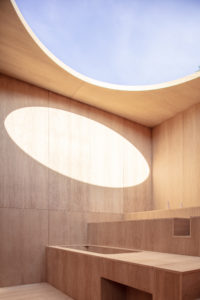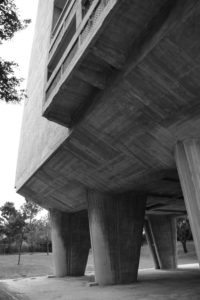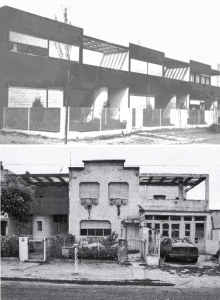
Deserts: Cells for certain individuals
Carthusians refer to their cells as deserts. The cell is a remote site at the margins of civilization, distant from the noise of society and mundane temptations. A desert is not only the place where all customs, traditions, and historical stratifications fall apart, but also where any consolidated societal structure can be questioned and examined from an estranged point of observation.






